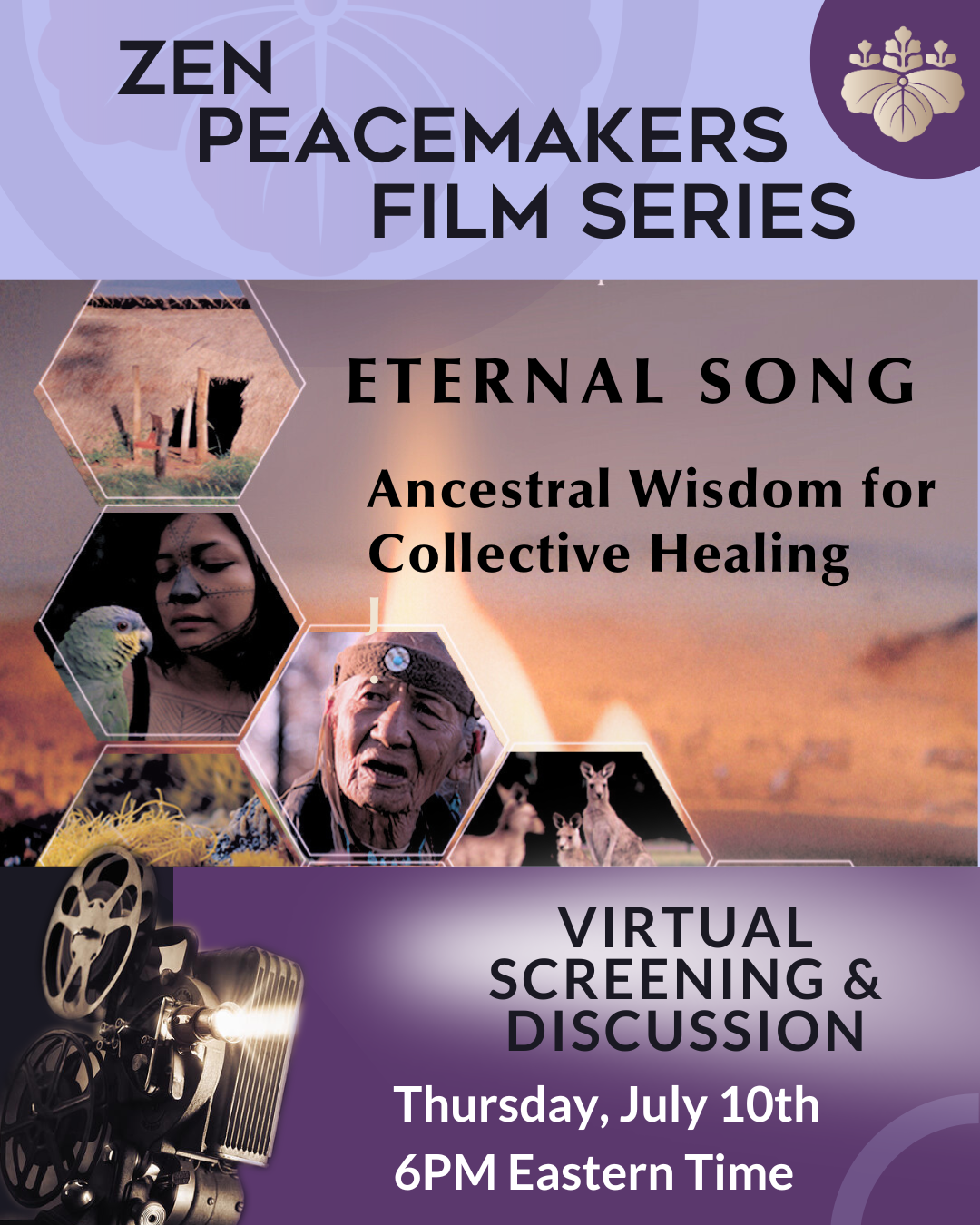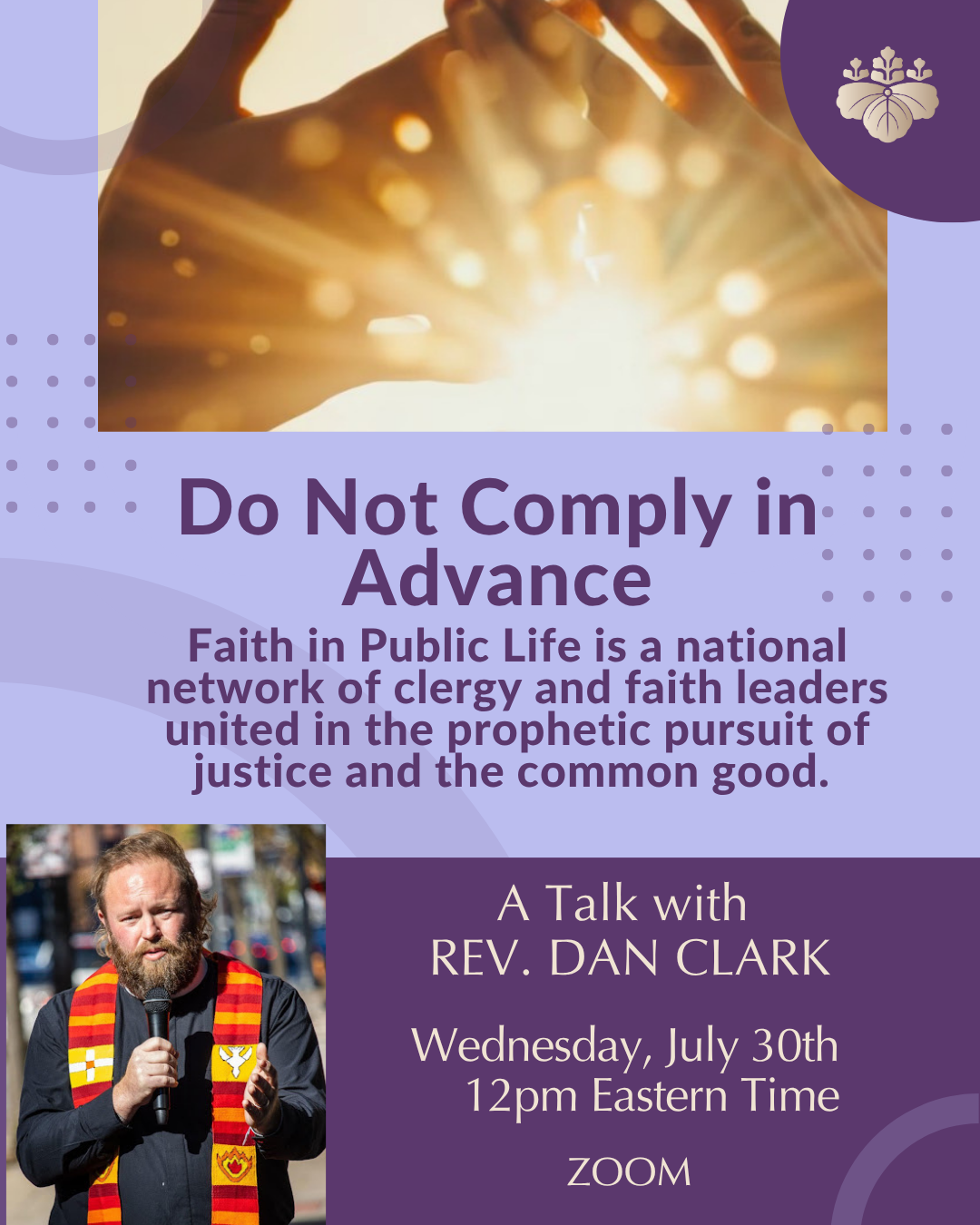3) It’s become almost a sort of spiritual dogma in the Western world: the belief that you first have to find inner peace before you can commit yourself to peace-work in the outer world. Your own opinion is very different from that and refreshingly rebellious. Would you like to explain your opinion?
Like many, His Holiness the Dalai Lama says that you’ve got to build up inner peace before doing activism (which many say), but he also says just get involved now and practice every day. On book tour of Instructions to the Cook, many people came up to me and thanked me because their Dharma teachers had discouraged them from getting involved. In my early days, when JFK was killed and my students wanted to do something, I said first you must intensify your retreat practice until you get enlightened or else you will do the wrong thing. Now, I think that if you just ask how you can help, you’ll do the best thing you can. Then later, if there are problems, you see and adjust. The expectation that there is a ‘right thing’ to do prevents us from acting. Whatever you do is the best you can do at this moment.
Most say that they do their Buddhist practice to get the clarity and insight to inform their important social work. It is newer and more radical and unique to the Zen Peacemakers to look at social work as spiritual practice. In the Jewish tradition, after the Temple was destroyed, the rabbis said, lets make holy the dinner table on Friday night. It meant that Jews had to go to their dinner table. That proved helpful for keeping the religion together. You didn’t need anything but a dinner table to keep it together. I come from a tradition where you don’t need a central place, but rather, a living daily thing. I have a problem when people say ‘I’m really looking forward to next month when I can go on retreat and get some spirituality.’ But they forget about the spirituality in their daily life. Also if people set aside a clean calm space inside of their home and see that as their retreat, that is also limited. That’s a mess.



